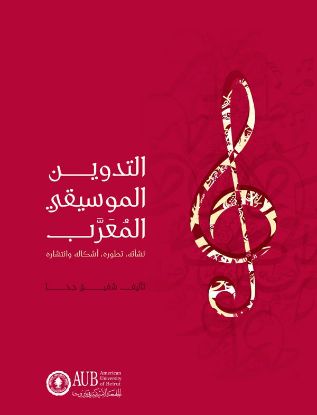Filter by price
Products tagged with 'shafik jeha'
Darwin and the Crisis of 1882 in the Medical Department
This is the story of the Lewis Affair at the American University of Beirut (then the Syrian Protestant College). When Professor Edwin Lewis mentioned Charles Darwin in the course of a commencement address, there were drastic ramifications, including faculty resignations, student suspensions, the first student protest in the Arab World, a subsequent drop in student enrollment, and the imposition of a Declaration of Principles on AUB faculty members. It represents a momentous event in the history of the American University of Beirut, and its reverberations were felt in intellectual circles throughout the Arab world. A foreword by former AUB president John Waterbury outlines how the issues underlying the Lewis Affair, including the controversy generated by Charles Darwin's theory of evolution, the struggle between conservative and liberal elements of academia, and the question of academic freedom, remain pertinent to this day.
$25.00
Al-Tadwin al-Musiqi al-Muʿarab التدوين الموسيقي المُعَّرب
This book is an account of the efforts of Dr. Edwin Lewis, a professor at the Syrian Protestant College (now the American University of Beirut) in the late nineteenth century to modify the system of Western musical notation to fit Arabic music (and more specifically, church music). In this work, Shafik Jeha addresses how musical notation was adapted to correspond with the right-to-left direction of Arabic musical texts, and includes the reactions of some Arab composers to the revised method of notation. How did this new method of music notation appear on the musical scene? How important was it to musicians in the Arab world? How did it spread? What problems did it face? What were the consequences of the new musical notation method? What were its advantages and its disadvantages? Shafik Jeha answers all these questions and many more in this book, which is divided into three parts: the first deals with the emergence of Arabized musical notation, the second addresses the development of this new type of notation, and the last elaborates on its dissemination.
$20.00


